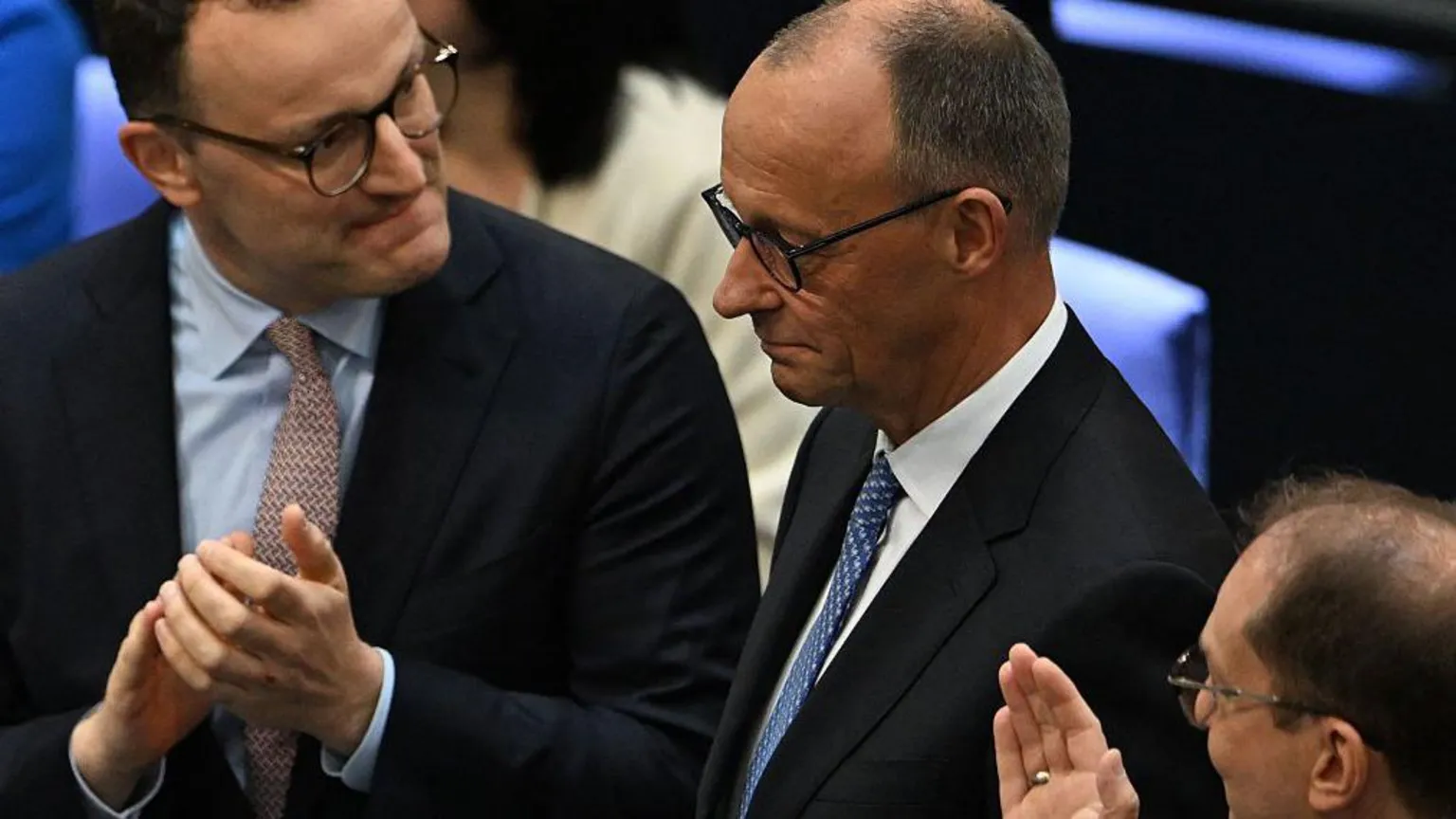In a dramatic turn of events, Friedrich Merz has been confirmed as Germany’s new Chancellor following a tumultuous day in the Bundestag that saw him initially fail to secure a majority—a first in the country’s postwar history.
A Historic Parliamentary Defeat
Merz, leader of the center-right Christian Democratic Union (CDU), faced an unexpected setback during the first round of voting in the Bundestag. Despite his coalition with the center-left Social Democratic Party (SPD) holding 328 seats, Merz garnered only 310 votes—six short of the required majority. This unprecedented failure highlighted internal dissent within the coalition, as some members broke party ranks.
The far-right Alternative for Germany (AfD), which achieved its best-ever result in the recent elections, celebrated Merz’s initial defeat and called for a general election.
Second Vote Secures Chancellorship
After intensive negotiations, a second vote was held later that day, resulting in Merz securing 325 votes and officially becoming Chancellor. President Frank-Walter Steinmeier subsequently appointed him, and Merz took the oath of office.
Challenges Ahead
Merz’s ascent comes at a critical juncture for Germany. The economy is grappling with stagnation, and the political landscape is increasingly fragmented. His coalition faces internal disagreements, particularly over proposed fiscal policies like increased deficit spending and a €500 billion infrastructure fund.
Internationally, Merz aims to reinforce Germany’s role in Europe. He is set to visit France and Poland to signal a renewed commitment to European leadership. However, challenges such as the resurgence of Donald Trump’s U.S. presidency and new tariffs on EU goods add complexity to Germany’s foreign relations.
A Fragile Coalition
The CDU-SPD coalition, while holding a majority, is considered fragile. The SPD suffered a historic defeat in the February elections, and internal tensions persist. Merz’s initial failure to secure a majority vote underscores the coalition’s instability and raises questions about its longevity.
Conclusion
Friedrich Merz’s confirmation as Chancellor marks a significant moment in German politics, reflecting both the challenges of coalition governance and the shifting political landscape. His leadership will be tested as he navigates economic reforms, internal coalition dynamics, and Germany’s role on the international stage.





